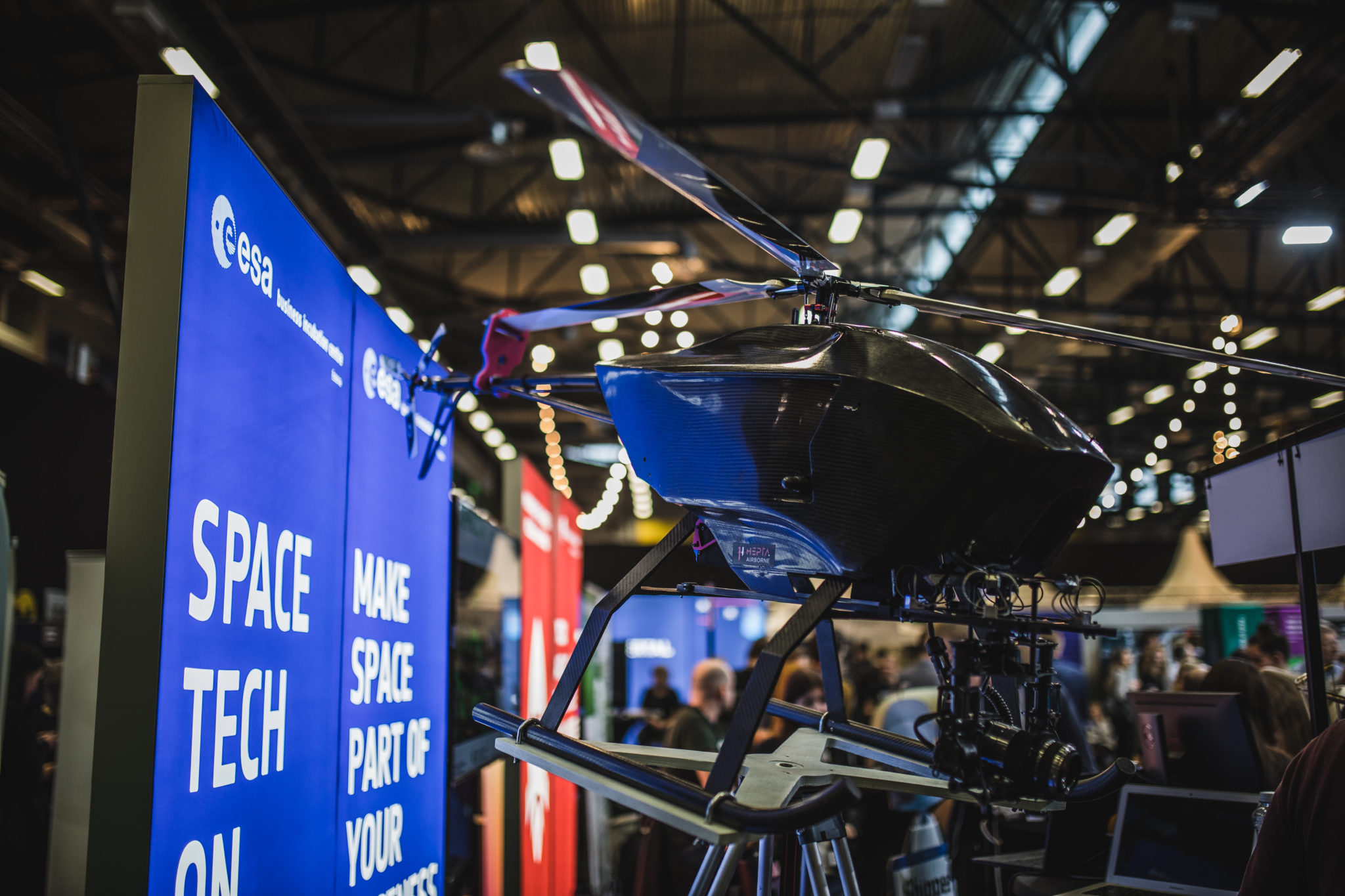EnduroSat, a Bulgarian deep-tech startup that builds and operates nanosatellites, has been in the business for more than five years. At the end of June 2021, its technology finally reached space.
Launched on a SpaceX Falcon 9 rideshare flight, EnduroSat succeeded in getting the first of nine upcoming shared missions in orbit – a nanosatellite called the SPARTAN. The missions aim to showcase software solutions that will provide the company’s customers with easy access to space data, while also representing the next-gen space technologies.
SPARTAN’s mission is a joint effort with Kuwait, which also launched its first-ever space mission on June 30. According to EnduroSat’s founder and CEO, Raycho Raychev, up until a few years ago it was unimaginable to even think of putting other nations in orbit for a fraction of the current market cost.
“We are thrilled to see the innovations and the incredible work, that our partners and customers will do in orbit, thanks to SPARTAN. We believe that EnduroSat`s Shared Satellite Service is a paradigm shift that eliminates the entire complexity of getting sensors to orbit,” Raychev tells ZDNet.
EnduroSat’s recent success is also a testimony of the growth that companies from Central and Eastern European countries have achieved recently. Founded in 2015, in 2018 the company launched EnduroSat One, the first Bulgarian CubeSat mission. The Bulgarian startup has experienced annual growth of 300%, making it one of the fastest-growing companies in Europe.
Its beginnings were humble and met with skepticism from investors. Now, the company employs more than 80 engineers, developers, and scientists.
The ESA BIC Estonia is among the most active ones, having more than 20 space-tech startups that have already shown early-stage growth. Estonia has been an ESA member country since 2015, which has made it possible for Estonian startups to compete in numerous national space projects and public tenders.
According to Kadri Arrak from the Tartu Science Park Foundation, investing in a country’s human capital is by far the most important aspect when it comes to the success of these companies in the space industry.
“Attracting the brightest minds can make or break a community, a country. ESA BIC Estonia has been lucky enough to attract six foreign founders and created 88 new smart jobs in the region,” Arrak tells ZDNet.
Possibilities such as those that ESA BIC Estonia provides are helping to create, develop and scale these startups, she adds.
SKUDO, a space startup that offers cybersecurity solutions, is one of the many companies that have started their journey to the stars at the ESA BIC Estonia. The company’s founder, Stefano Alberico, recalls SKUDO’s beginnings and its cooperation with the ESA BIC, which started in May 2020.
“We designed an encryption solution entirely contained within a single FPGA chip, which allows protecting any data communication (e.g. satellite, drones, IoT, etc). Having a working technology, we needed access to the market and contacts with customers,” Alberico tells ZDNet.
“The contract with ESA helped to provide an important customer validation. The ESA BIC helps to provide a stimulating supporting ecosystem, funding, networking and all-around support.”
According to Alberico, when it comes to the developments of the space industry in CEE countries, the main challenge is the limited budget that is available for the space sector. That’s why companies are looking for international partners and projects.
Estonia is pushing hard to become a leader in cybersecurity, making security monitoring technologies a particularly active area for the country’s startups.
“However recently it has been moving also to the space segment with innovating technologies, such as digital communication, CubeSat modules, etc. SKUDO is negotiating for a new large contract where, in partnership with CGI-Estonia, we are going to bring and test our technology in space on an orbiting satellite, where we will provide an end-to-end encrypted data link (ground-satellite) based on our FPGA chip technology,” Alberico tells ZDNet.
Small instrumentation for space application, such as cameras and spectrometer instruments, is another area that offers a lot of potential for CEE countries.
“I have seen many developments in Estonia and neighbor countries as well that start with university CubeSats and then go into commercial applications with hardware components and using Earth observation data to provide useful info for clients,” Rauno Gordon, the founder of another Estonian space startup called SpaceWave, tells ZDNet.
Gordon’s company is working on developing fast and secure communication for nanosatellites. It has also started under the wings of the ESA BIC Estonia.
“Our company is making space hardware, so we needed some funding to start product design. That was the initial need, but the input from mentors, ESA experts in that area, and help from legal professionals was more needed than we initially thought. This helped us to set up the company and direct our product development to a more relevant direction,” Gordon explains.
As for the future of the space industry in the region, Gordon says that it is the most innovative companies that will create the most value for investment.
“In the short- and mid-term, the space sector can provide the most value in novel information, in services that rely on Earth observation data or provide novel connectivity solutions – like IoT or for autonomous systems.
“Longer-term space-sector values are fantastic SciFi scenarios, where all new technologies will play a part. The value which is created is global, which means strong export potential.”
Read original article @ https://www.zdnet.com/article/from-encryption-to-iot-this-regions-startups-are-forging-new-frontiers-with-space-technology/

